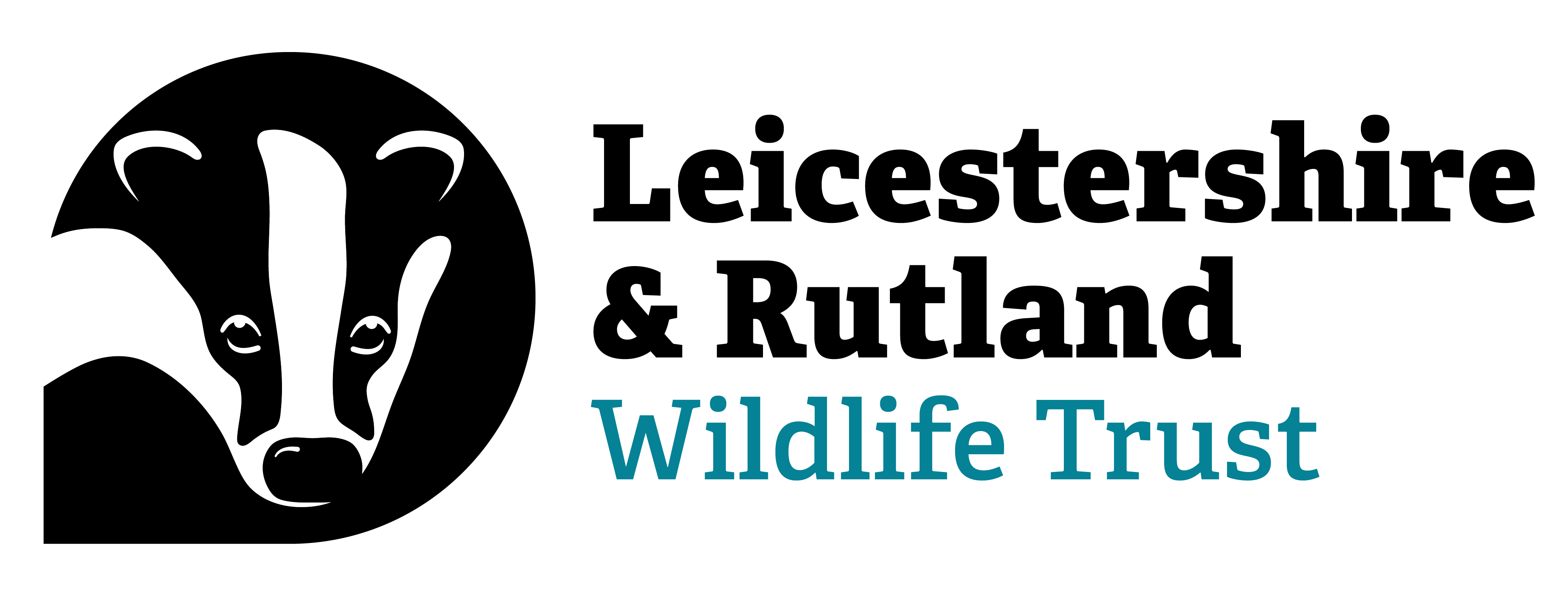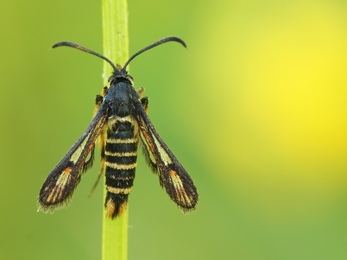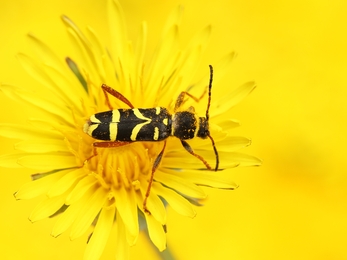Insects make up some of the most numerous and diverse organisms on the planet and more than 24,000 species have been recorded in the UK alone.
In the last 45 years we have identified over 2,000 species of insect at Rutland Water, including; 32 species of butterfly, 130 species of bee and wasp, 230 species of true fly, 450 species of beetle, and over 750 species of moth.
As Rutland Water Nature Reserve has become established and mature over time, new species are being discovered on an almost weekly basis including many scarce wetland specialists. They vary in size from tiny featherwing beetles, measuring less than 1mm in length, to the Emperor Dragonfly, one of the largest flying insects found in the UK, and a species that has increased in number in recent years, measuring a whopping 78mm.




